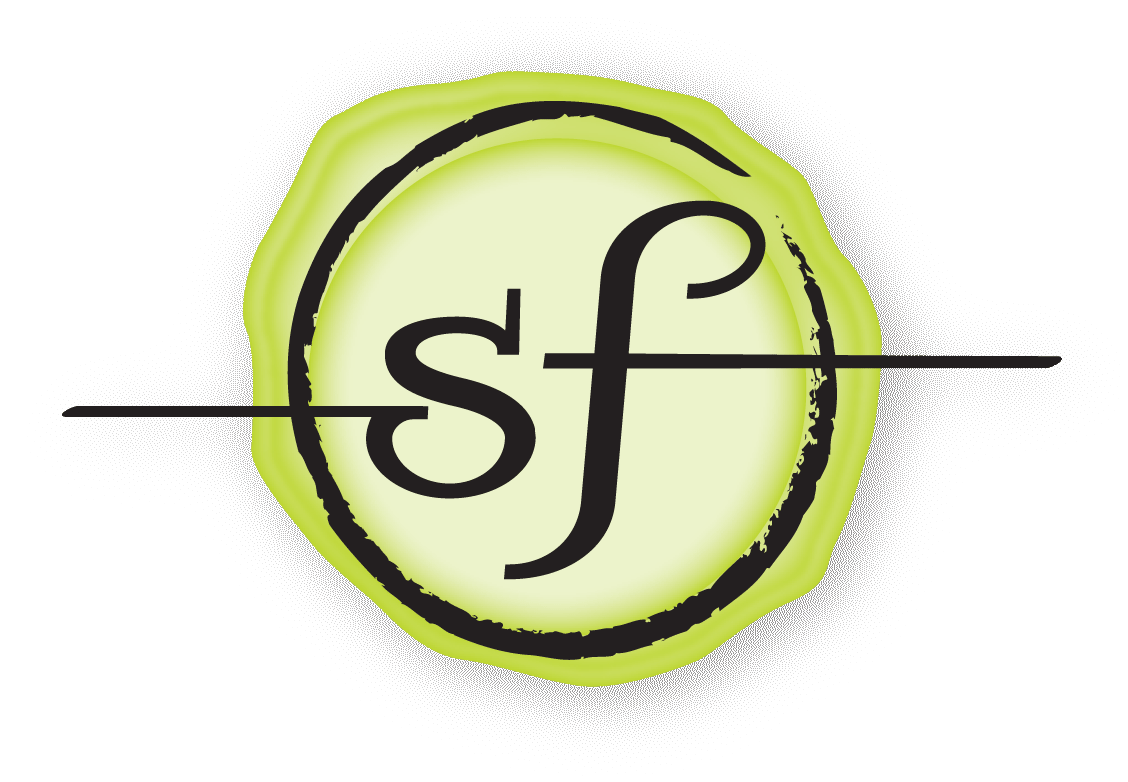Last week, I submitted my final requirement to complete the ARCUS Historic Preservation Leadership Academy. This program provides a year-long professional development experience for current and future leaders in the cultural heritage and historic preservation professions.
ARCUS is a product of Preservation50, a coalition of over a hundred historic preservation organizations working together to commemorate the fiftieth anniversary of the National Historic Preservation Act of 1966, the law that still forms the framework of U.S. preservation policy. Preservation50 had five major goals, one of which was to “prepare the heritage preservation movement’s future leaders.” ARCUS was the result. (You can learn more about the other goals of the coalition here.)
The development of the academy was headed up by Cultural Heritage Partners and funded by American Express, a company with a history of supporting preservation initiatives. The program entailed an in-person orientation program, where members of a cohort got to know each other and the program administrators, followed by a year’s worth of online training modules and ongoing opportunities to network and build relationships with fellow students.
I was accepted into the inaugural class of ARCUS fellows, which has now just graduated. All courses of study for this cohort wrapped up at the end of January, when I officially completed my ARCUS Professional Fellowship. To earn this credential, I completed training in twenty training modules:
-

Some of the cultural resources in need of protection at Bandelier National Monument. Advocate
- Budgeter
- Convener
- Entrepreneur
- Evaluator
- Fundraiser
- Grassroots Organizer
- Grasstops Organizer
- Historian
- Human Resources Manager
- Native American Partner
- Office Manager
- Orator
- Planner
- Risk Mitigator
- Social Media Maven
- Trusted Source
- Visionary
- Volunteer Coordinator
- Writer
Although I knew a lot about some aspects of the training, I knew virtually nothing about other skill-sets. Overall, the twenty modules offered a well-rounded perspective on work in the preservation field, and I completed the training with a wider sense of where I fit into the larger effort to preserve cultural resources. If you’re interested in learning more about this program, visit the ARCUS website here.
